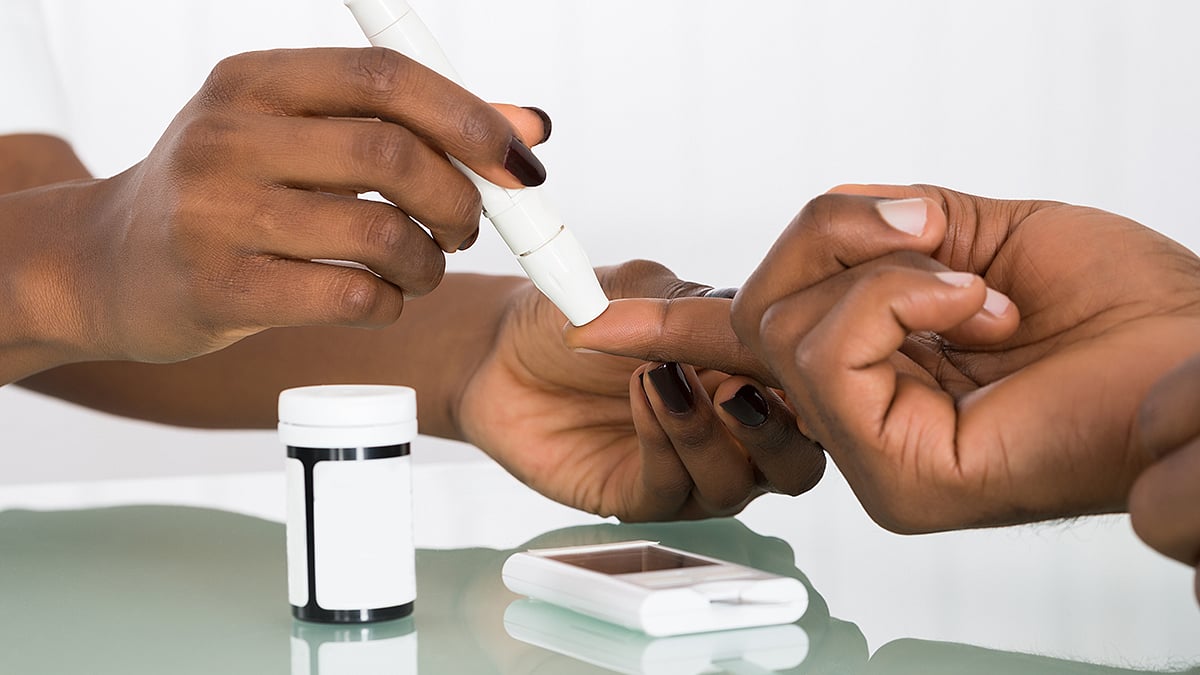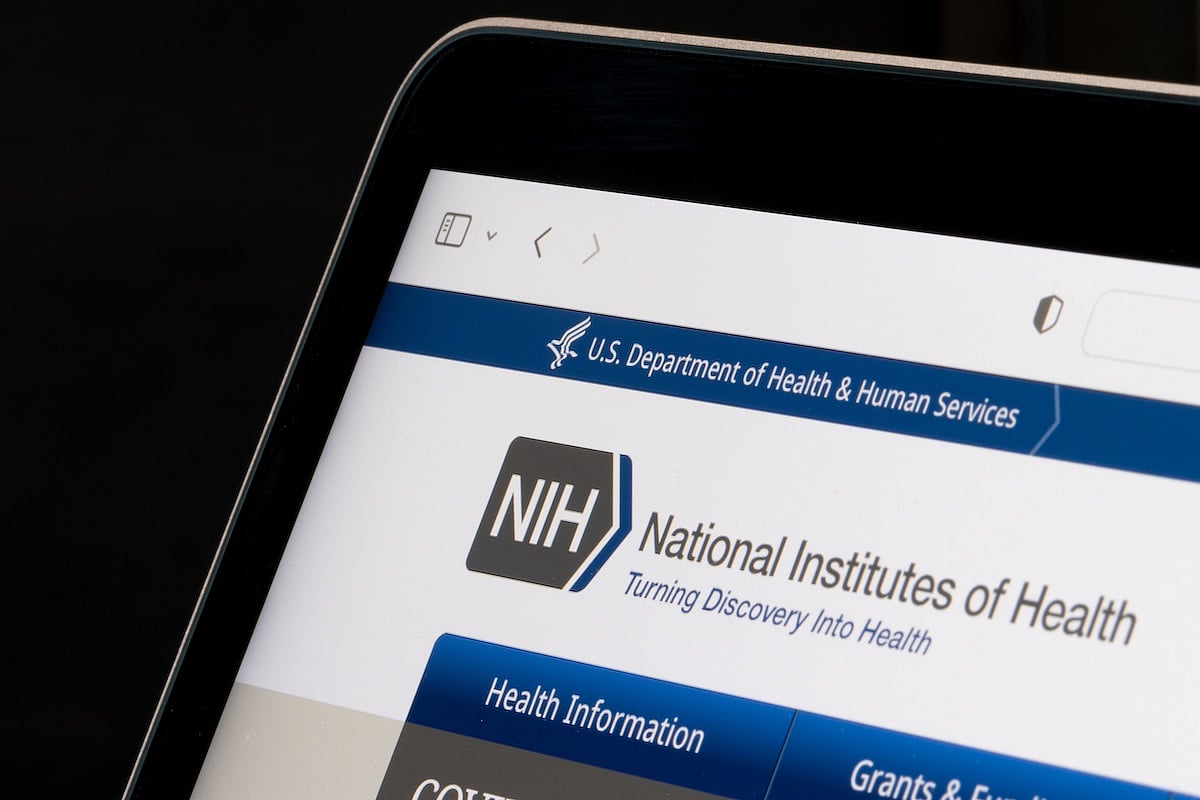
People who develop type 1 diabetes in adulthood have a higher risk of heart disease and death, a new study says. However, these patients can improve their odds through healthy lifestyle habits, researchers reported May 14 in the European Heart Journal. “We show that the prognosis can be significantly improved by preventing smoking and obesity… read on > read on >





























